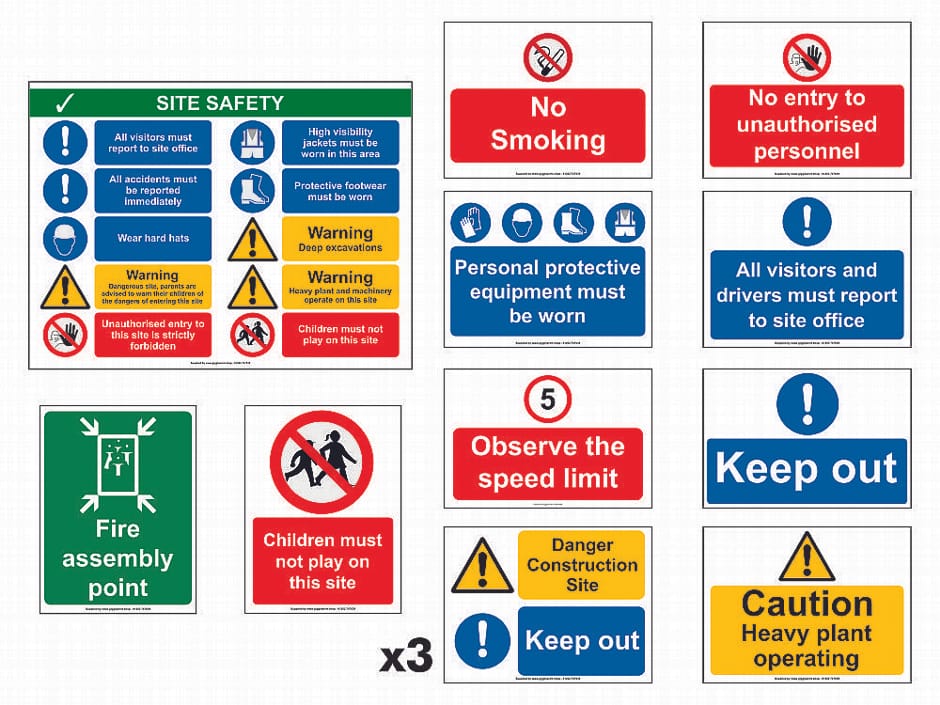Modern signage is not guidance but psychological control, a quiet erosion of instinctual intelligence. It treats conscious beings as programmable machines, severing the human mind from its ancient autonomy.
Read next

On 764 as A Clinical Ontology of Digital Collapse
764 is not a cult of belief but a system that organises collapse by rewarding visibility over recovery and recognition over care.

AGI And The Race To Extinction

On Einstein and Newton
A comparative meditation on how Einstein and Newton. Two unmatched giants of physics rose to genius through entirely different lives, pressures, and intellectual temperaments.
